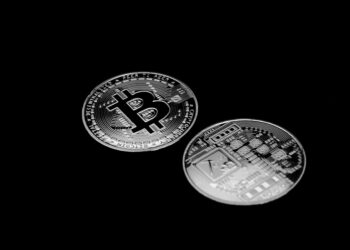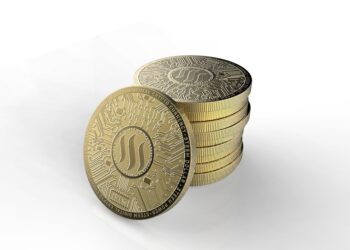Introduction
Hey there! If you’re a recent graduate feeling a bit overwhelmed about your financial future, you’re not alone. Many young professionals today are diving into their careers alongside the complexities of managing money—including investment opportunities like DAOs.
In this article, we’ll break down the concept of a Decentralized Autonomous Organization (DAO). By the end, you’ll not only know what DAOs are, but also how they can fit into your financial landscape and help you build smart, long-lasting habits.
Section 1: What Exactly is a DAO?
A DAO, or Decentralized Autonomous Organization, is like a virtual company where the rules and decisions are managed by code rather than a traditional hierarchy. Think of it as a democracy where everyone has a voice, but instead of voting in a town hall, members cast votes using blockchain technology.
Why is this cool?
- Transparency: Everyone can see the rules and decisions.
- Community-driven: Members have an equal say, making it less likely for one person to dominate decisions.
Section 2: The Role of Smart Contracts
At the heart of a DAO are smart contracts. These are self-executing contracts with the terms written directly into code. Imagine a vending machine: you insert money (your input), select a snack (your choice), and the machine delivers it (the output) automatically.
In the world of DAOs, smart contracts:
- Automate decision-making based on predefined rules.
- Ensure that funds or votes are handled without human intervention, which minimizes errors or corrupt practices.
Section 3: How DAOs Operate
DAOs typically rely on a blend of cryptcurrency and community involvement to function. Here’s a step-by-step look at how they work:
- Joining: You buy tokens to become a member. These tokens allow you to vote on decisions.
- Proposals: Any member can propose an idea, like investing in a new project.
- Voting: Members vote using their tokens. More tokens often mean more influence.
- Execution: If a proposal passes, the smart contract automatically executes the decision.
The Benefits of Participating in a DAO:
- Engagement: You can help shape the direction of the organization.
- Education: You’ll learn a lot about governance, investment, and collaboration.
- Community: You connect with like-minded individuals interested in similar goals.
Section 4: DAOs vs. Traditional Companies
So how do DAOs stack up against traditional organizations? Think of it this way:
- Decision-Making: In a traditional company, decisions might come from a CEO, but in a DAO, it’s the collective will of the members.
- Ownership: With DAOs, ownership is distributed among all members, making it less likely for wealth to concentrate at the top.
Downsides to Consider:
- Volatility: Like any emerging field, DAOs can be risky due to fluctuating token values.
- Legality: The legal framework around DAOs varies by jurisdiction, which may complicate things.
Conclusion & Call to Action
Congratulations! You’ve made it through the basics of understanding what a DAO is and how it operates. The key takeaways are:
- DAOs offer a unique way to engage in governance and investment.
- They rely on smart contracts for automation and transparency.
- Participating can help you learn and connect with others in the space.
Feeling motivated? Here’s a small, actionable step you can take right now: Explore some existing DAOs online! Websites like DAOlist can help you discover active DAOs and see how they operate.
Take it one step at a time, and remember, you’re on a journey to financial literacy. Happy exploring!











